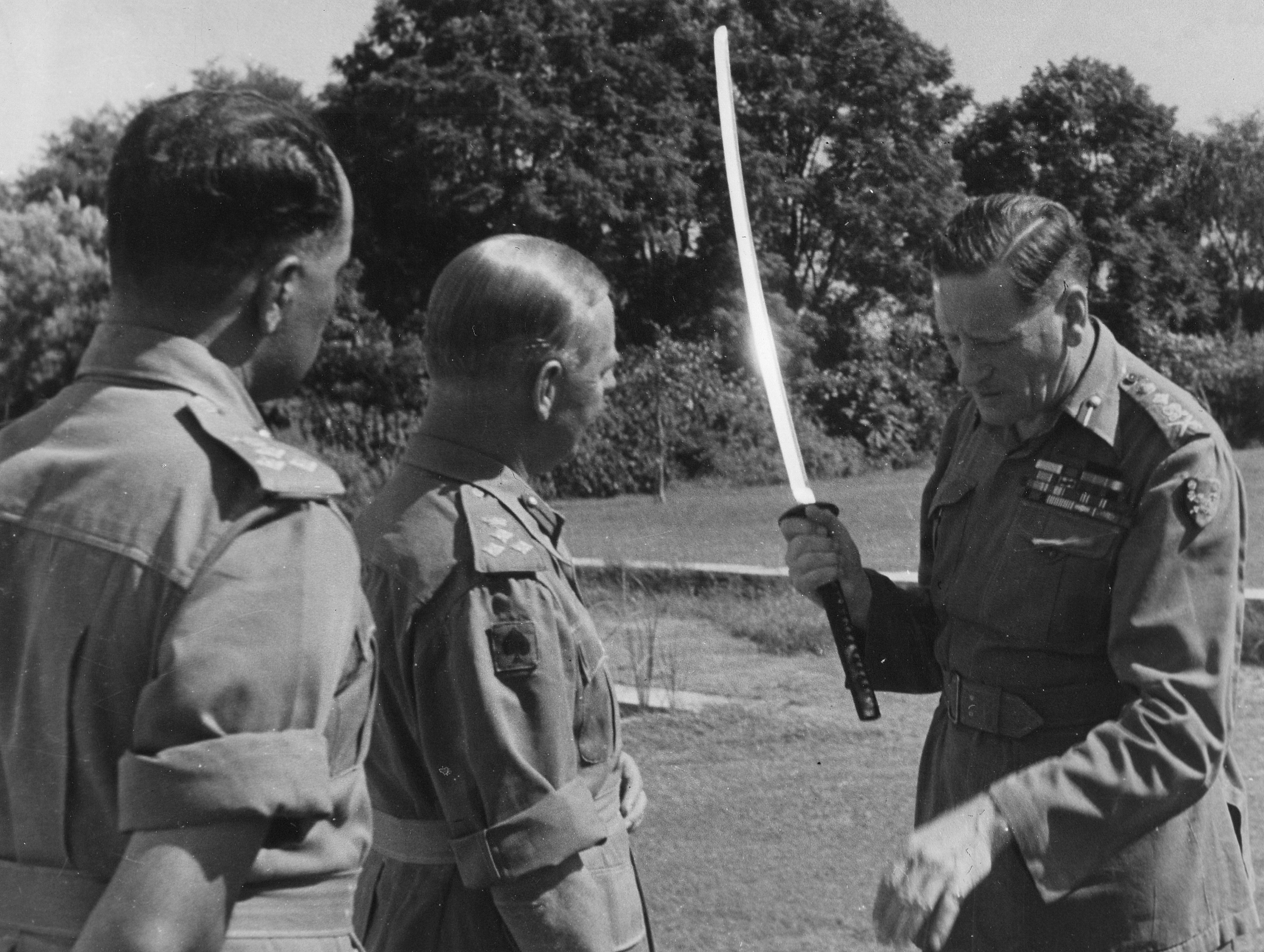In a scene from the 1957 film "The Bridge on the River Kwai," a haughty British Col. in a prisoner-of-war camp confronts the camp's Japanese commandant. Citing the Geneva Convention as justification, he argues that his officers should not be forced into manual labor, which makes the commandant furious — he declares that he does not abide by Western laws; he adheres only to "Bushido," the samurai code.
When Bushido first entered the world's consciousness in 1900, with the publication of Nitobe Inazo's "Bushido: The Soul of Japan," it was viewed as an admirable code of chivalry. Its focus on a dedication to duty inspired people around the world, including Robert Baden-Powell's Scout Movement. But by the 1940s, "Bushido" had become a byword for Japan's suicidal tendencies and military cruelty.
Today, some connotations have shifted and some have remained the same. Bushido evokes a bygone age of honorable samurai, but also embodies the enduring notion that Japanese have a unique set of values distinct from the West's. This line of thinking is part of the reason why nationalist groups in Japan are calling for revision to the current Constitution, issued during the U.S. Occupation of 1945 -52.



